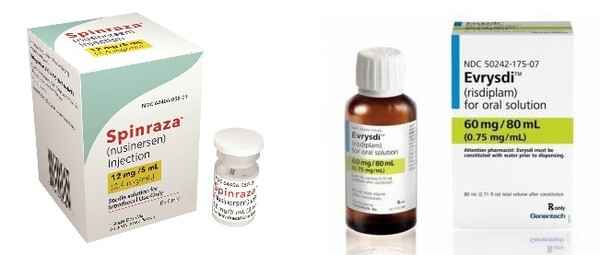The government has been dragging its feet to review insurance benefits for Roche’s new spinal muscular atrophy (SMA) oral drug Evrysdi (ingredient: risdiplam) for over a year because it wants to review it together with expanded insurance coverage for the existing SMA drug Spinraza (nusinersen), sources said.
The intentional delay of the drug review might infringe upon SMA patients’ right to choose a medicine, they noted.
Roche obtained the regulatory nod for Evrysdi to treat 5q SMA in November 2020 and applied to the Health Insurance Review and Assessment Service (HIRA) for the drug’s health insurance benefits in July 2021.
However, Evrysdi has not even reached HIRA’s meeting of the pharmaceutical benefit evaluation committee.

Considering that HIRA should start the committee’s evaluation within 150 days from the date of the reimbursement application submission, HIRA is putting off the decision on whether to review Evrysdi’s reimbursement, industry watchers said.
A HIRA official said the agency is delaying the review because it plans to assess Evrysdi and Spinraza together. The two drugs have the same indication.
An industry official noted that Biogen applied for expanded reimbursement of Spinraza to HIRA last year. The company is seeking to broaden the reimbursement criteria for Spinraza from SMA
type 3a to all SMA type 3.
Spinraza is reimbursable in 5q SMA patients who satisfy all of the following criteria: SMN-1 gene deletion or mutation, SMA-related clinical symptoms and signs under the age of three years, and not on a permanent ventilator.
SMA patients who were excluded from reimbursement after failing to prove the onset of the disease before the age of three do not have access to Roche’s new drug, although it is available in the market.
Families of SMA patients have been urging the government to broaden the scope of age from “three or younger” to “18 or younger” in Spinraza reimbursement just like the U.K.’s National Institute for Health and Care Excellence (NICE) did.
HIRA is reportedly reviewing whether to expand the Spinraza reimbursement criteria and reimbursement cessation criteria together. If there is no treatment effect for a certain period of time, Spinraza treatment should be stopped. However, there is a sharp difference of opinions on what criteria should be used to evaluate the treatment performance by age. So, the discussion is standing still.
In fact, some SMA patients complained of treatment discontinuation because the therapeutic effect was not recognized after Spinraza administration.
For this reason, HIRA is being careful to set the criteria for suspending Spinraza reimbursement.
HIRA is also delaying the review of reimbursement for Evrysdi, another treatment option for SMA patients.
Spinraza is an intrathecal injection whereas Evrysdi is an oral drug.
Evrysdi does not require a waiting process for intrathecal administration. As it can reduce the number of hospitalizations and outpatient visits, it can save indirect costs such as hospitalization expenses, medical costs, transportation costs, and socio-economic burden on guardians and caregivers. Evrysdi can be prescribed according to the patient’s age and weight.
“If the drug’s efficacy and safety were confirmed sufficiently, the government should open a way for patients to use the drug under the same criteria with the existing drug reimbursement,” an SMA patient said.
When Spinraza-treated patients switch to Evrysdi, whether to maintain the reimbursement is another issue.
Roche reportedly asked HIRA to include “switching from Spinraza” in the reimbursement criteria of Evrysdi. Attention is on whether HIRA will accept the request.

